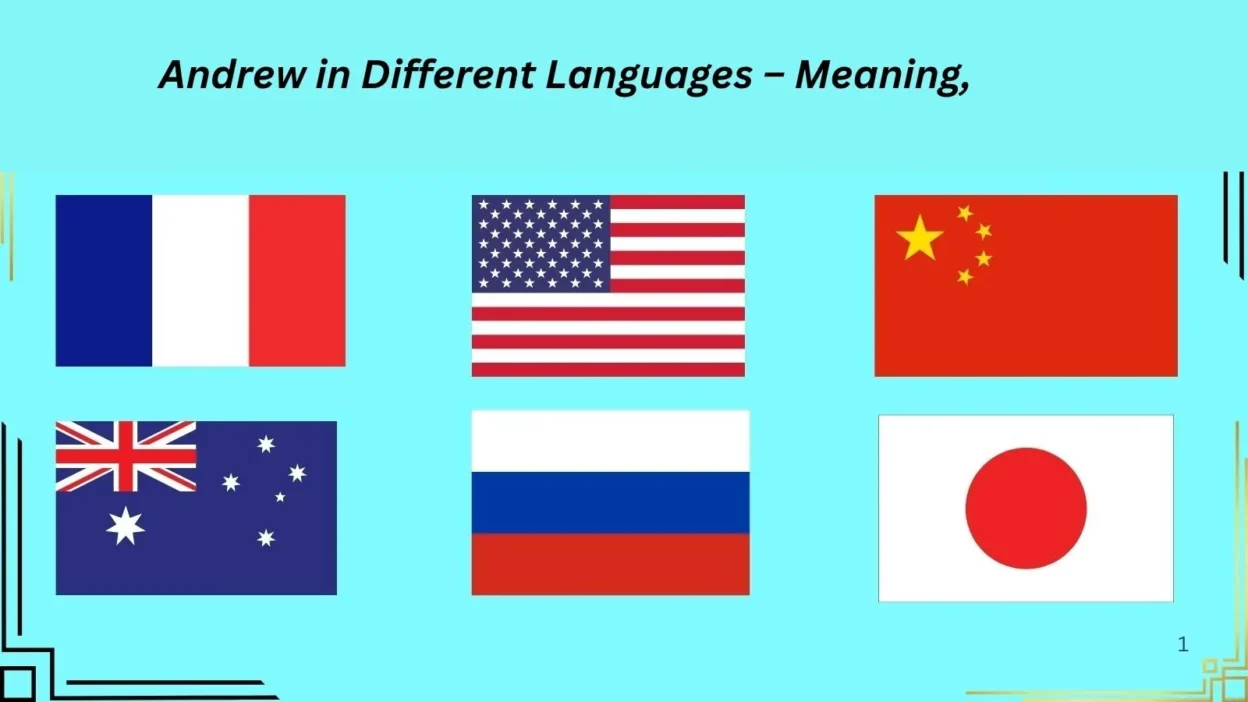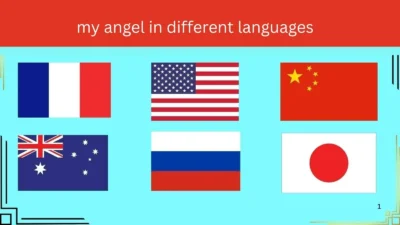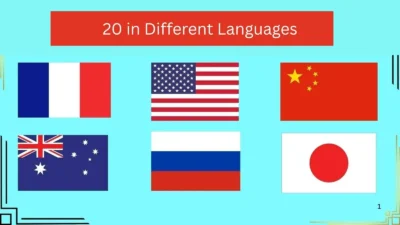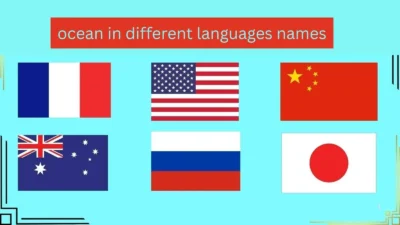When someone searches for “Andrew in different languages”, they’re usually curious about how this popular name is translated, pronounced, or adapted around the world.
Maybe you want to see how your own name looks in another culture, or perhaps you’re writing about the name Andrew in a global context.
This article will give you everything you need—origins, meaning, and how Andrew appears in other languages—so that by the time you finish reading, you’ll not only know the translations but also understand how to use them in conversation.
Meaning and Origin of the Name Andrew
The name Andrew comes from the Greek word Andreas (Ανδρέας), meaning manly, strong, or courageous. It has deep roots in history, often associated with Saint Andrew, one of the apostles in Christian tradition. Because of its religious and cultural significance, the name spread across many languages and regions, taking on local variations in spelling and pronunciation.
Why People Search for “Andrew in Different Languages”
People look up Andrew in different languages for many reasons:
- To find out how their name is recognized in other cultures.
- For travel or cultural exchange, so they know how to introduce themselves.
- Writers and creators want authentic name variations in their stories.
- Parents searching for global versions of the name for their children.
Whatever the reason, this guide helps solve that curiosity with a clear and easy-to-use list.
Andrew in Different Languages – List of Translations
Here are some of the most common translations and variations of Andrew across the world:
- Greek: Ανδρέας (Andreas)
- Latin: Andreas
- Spanish: Andrés
- Italian: Andrea
- French: André
- German: Andreas
- Portuguese: André
- Russian: Андрей (Andrey / Andrei)
- Polish: Andrzej
- Czech / Slovak: Ondřej
- Hungarian: András
- Romanian: Andrei
- Finnish: Antti
- Swedish / Norwegian / Danish: Anders
- Dutch: Andries
- Irish (Gaelic): Aindriú
- Scottish Gaelic: Anndra
- Welsh: Andras
- Basque: Ander
- Arabic: أندرو (Andru) or أندريه (Andrih)
- Hebrew: אנדרי (Andrei)
- Chinese (Mandarin): 安德鲁 (Āndélǔ)
- Japanese: アンドリュー (Andoryū)
- Korean: 앤드류 (Aendeu-ryu)
- Hindi: एंड्रयू (Endrayu)
- Turkish: Andrey
How to Use “Andrew” in Conversations in Other Languages
When traveling or meeting people from other cultures, knowing the local form of Andrew helps build connections. For example:
- In Spain, you might introduce yourself as Andrés.
- In Italy, people will recognize Andrea as the equivalent of Andrew.
- In Russia, Andrey is common and familiar.
You don’t necessarily have to change your name, but using or recognizing the local version often makes conversations warmer and more personal.
Conclusion
The name Andrew has a rich history and countless variations across the world, each reflecting the culture and language it belongs to. Whether you’re curious about your own name, learning for travel, or exploring global linguistics, knowing how Andrew translates in different languages gives you a deeper appreciation for its universality.



